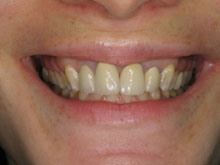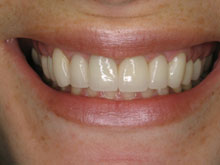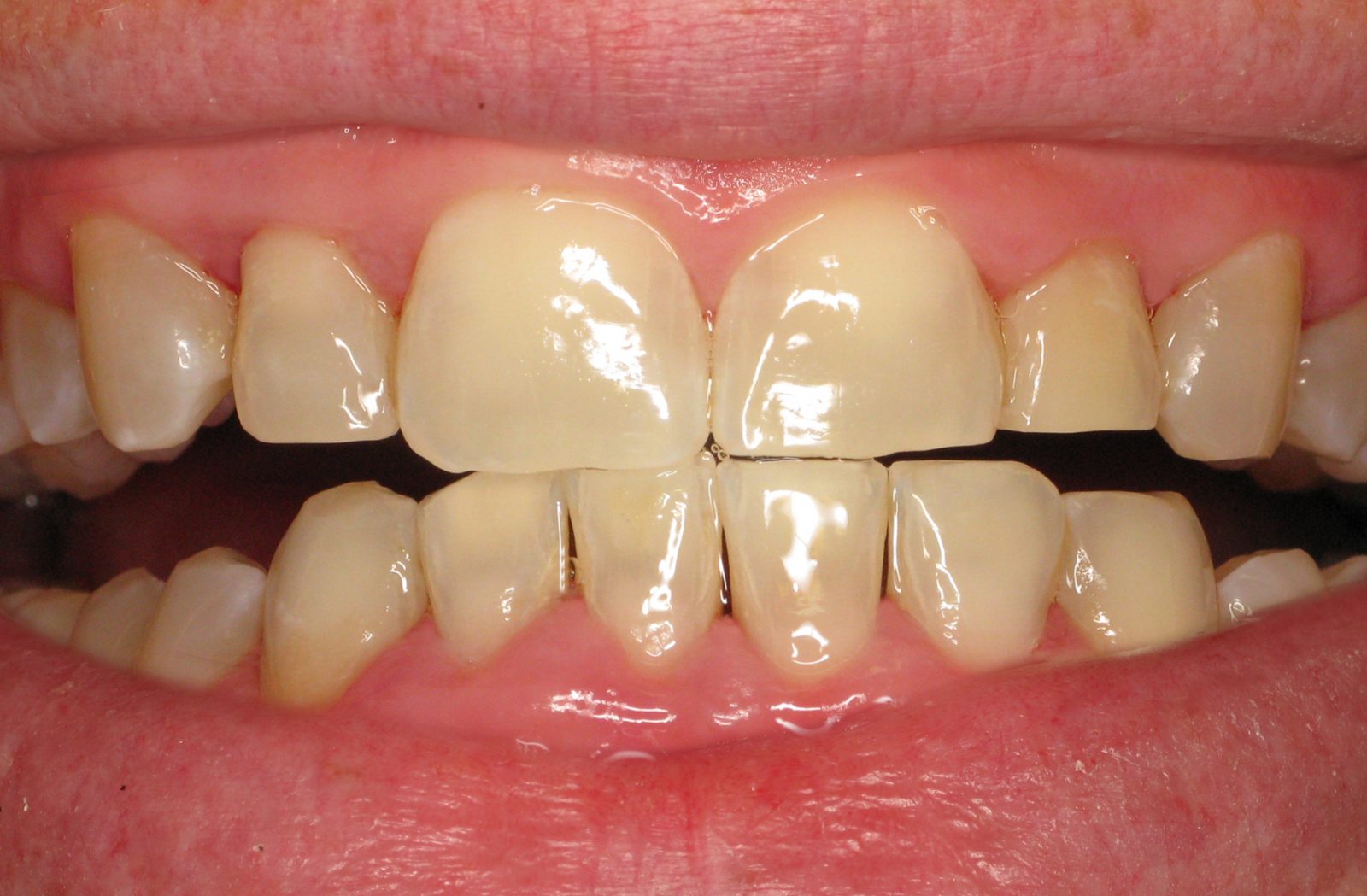What are the Potential Risks and Complications of Bad Breath in Gum Disease?

In the context of gum disease, bad breath or halitosis extends beyond a mere inconvenience, as it can signal underlying oral health issues and potentially lead to various risks and complications. Persistent bad breath associated with gum disease often indicates the presence of bacterial overgrowth and inflammation within the periodontal tissues. If left untreated, gum disease can progress, leading to more severe complications.
Advanced stages of gum disease, such as periodontitis, can form deep periodontal pockets, breeding grounds for harmful bacteria. The continual release of malodorous compounds from these pockets exacerbates bad breath and destroys connective tissues and bone supporting the teeth. Moreover, the chronic inflammatory response associated with gum disease can have systemic implications, potentially influencing cardiovascular health and diabetes.
Additionally, the social and psychological impacts of persistent bad breath should not be underestimated, affecting an individual’s confidence and quality of life. Therefore, addressing bad breath in the context of gum disease is essential for oral health, preventing further complications, and promoting overall well-being. Seeking professional guidance and adopting a comprehensive approach to oral care is crucial in mitigating these potential risks and safeguarding one’s oral and systemic health.
How might persistent bad breath impact an individual’s social and personal life?
Persistent bad breath, or halitosis, can significantly impact an individual’s social and personal life, extending beyond oral health. In professional settings or personal relationships, social interactions are deeply influenced by confidence and self-esteem.
Chronic bad breath can undermine these qualities, leading to heightened self-consciousness and reduced confidence in social interactions. Individuals may withdraw from conversations, avoid close proximity during face-to-face interactions, or experience anxiety about being judged by others. This can adversely affect personal relationships, potentially leading to social isolation and feelings of embarrassment. In professional settings, the impact may extend to job performance and opportunities, as the stigma associated with bad breath could influence colleagues’ perceptions. The psychological toll of persistent bad breath can contribute to anxiety and stress, further exacerbating the issue.
Addressing bad breath not only restores oral health but also plays a crucial role in enhancing an individual’s self-confidence, improving interpersonal relationships, and fostering a positive overall outlook. Seeking professional guidance for comprehensive oral care is essential in mitigating these social and personal challenges associated with persistent bad breath.
What risks are associated with untreated bad breath linked to disease?
Untreated bad breath linked to underlying oral diseases, particularly gum disease, poses several risks beyond oral health. Persistent bad breath often indicates the presence of bacterial overgrowth, and when left untreated, this condition can lead to more severe complications.
One of the primary risks is the progression of gum disease to advanced stages, such as periodontitis, characterized by deep periodontal pockets and bone loss. Untreated periodontitis can result in tooth mobility and even tooth loss. The chronic inflammatory response associated with gum disease has been linked to systemic health risks, including cardiovascular problems and diabetes. Bacteria in the oral cavity may enter the bloodstream, contributing to the development or exacerbation of these conditions.
Moreover, the continual release of malodorous compounds from the oral environment can lead to social and psychological challenges, impacting an individual’s confidence and interpersonal relationships. Addressing bad breath promptly with professional guidance and adopting a comprehensive oral care routine is crucial in mitigating these risks, preserving oral health, and safeguarding overall well-being.
Can prolonged bad breath indicate more severe gum issues or systemic health concerns?
Prolonged bad breath, or halitosis, can indicate more severe gum issues or systemic health concerns. When bad breath persists over an extended period, it often points to underlying oral health issues, with gum disease being a primary culprit. Chronic bad breath associated with gum disease typically results from the presence of bacteria in periodontal pockets, which release malodorous compounds.
If left untreated, gum disease can progress to more severe stages like periodontitis, leading to further complications such as tooth mobility and bone loss. Importantly, bad breath may also signal potential systemic health concerns. The mouth serves as a gateway to the body, and bacteria associated with gum disease can enter the bloodstream, potentially contributing to systemic conditions like cardiovascular disease and diabetes. Therefore, persistent bad breath should not be disregarded, as it may be an early warning sign of oral and systemic health issues.
Seeking professional dental care for a thorough examination and adopting a holistic approach to oral and overall health is crucial in identifying and addressing the root causes of prolonged bad breath. If you believe you are suffering from bad breath due to gum disease or gum issues, call (877) 440-3564 to consult with our Laser Periodontics & Gum Surgery specialists.
Are there complications, such as increased vulnerability to other oral health issues due to bad breath?
Bad breath, if left unaddressed, can lead to increased vulnerability to a range of other oral health issues. Persistent halitosis often signifies an underlying condition, with gum disease being a common culprit. The bacteria causing bad breath can contribute to the development and progression of gum disease, which, in turn, may lead to complications like gingivitis or periodontitis. Gum disease can result in inflammation, bleeding gums, and forming periodontal pockets, creating an environment conducive to accumulating more bacteria.
Additionally, bad breath associated with dry mouth, a condition often linked to certain medications or systemic issues, can further contribute to an increased risk of cavities and gum problems. The reduced saliva flow in a dry mouth diminishes saliva’s natural cleansing and neutralizing properties, allowing harmful bacteria to flourish.
Therefore, promptly addressing bad breath is crucial for resolving the immediate concern and preventing the cascade of complications that can impact oral health.






